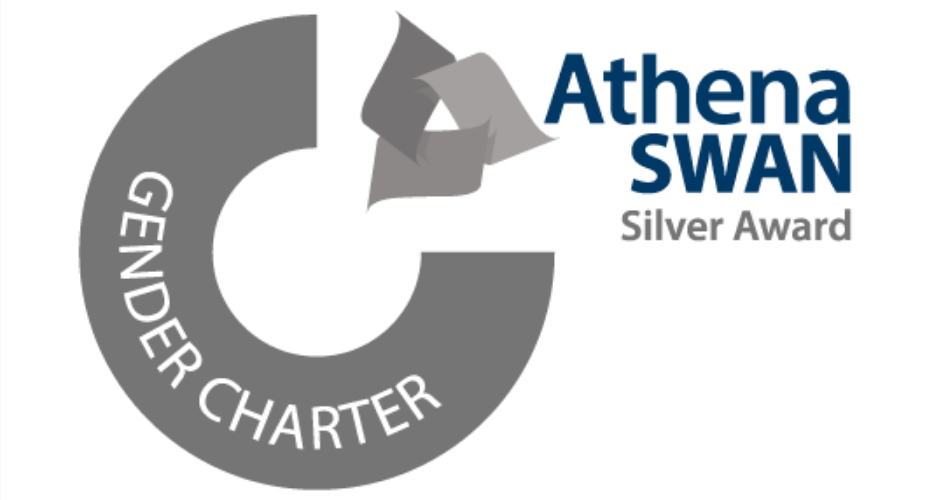Athena SWAN
Prior to the University restructure in 2022, the Sports and Health Sciences department proudly held an Athena SWAN Silver Award, awarded in 2018.
Following the University restructure we will be submitting an interim award application in 2023 as part of the new University of Exeter Medical School and the Department of Health and Care Professions.

Examples of key issues and action taken in Sport and Health Sciences
We identified that the proportion of female undergraduates was decreasing year on year. This led us to look in detail at the factors influencing applicants and to create female-focused recruitment actions. These included:
- Ensuring gender balance at open days and offer holder visitor days, and reference to culture and facilities
- Creation and promotion of undergraduate women-only academic scholarships of £4000
- Development of partnerships with female sports teams to provide pathways for participation alongside study to attract more female students
We identified low proportions of female applicants and appointments for academic posts. To attract more female applicants we have:
- Utilised template adverts, job descriptions and person specifications, including checking for gender-neutral language, and provided links to important information on family-friendly policies and the department Athena SWAN webpages
- Monitored training records to ensure that all academic staff involved in the recruitment process have undertaken recruitment and selection training, including awareness of unconscious bias
- Organised annual promotions workshops for academic staff
Feedback from the Employee Engagement Survey indicated that some Professional Services staff were not satisfied with the opportunities provided for career progression. Related actions included:
- Promoting awareness of the new Developmental Frameworks and utilisation of these Development Frameworks in PDRs
- Increasing awareness of academic and research staff of the mechanisms available for recognising the contribution of colleagues in Professional Services, where this recognition can be used to support future career development
- Promotion of mentoring and shadowing of PS colleagues
We are keen to promote a vibrant and inclusive culture within the department. To consolidate a positive working culture we:
- Circulate a monthly newsletter to celebrate staff achievements, in work and outside
- Have weekly Friday morning coffee and informal networking
- Organise varied social events, including family-friendly events
- Arrange regular sports activity, including staff and students
We have worked hard to improve inclusivity across the department, with a team approach that involves embedding related actions in all our activity. Whilst this is a continuous process, we are proud of the commitment of all members of the department to developing an environment that is welcoming to all, and where all staff and students can achieve their potential.
The Athena SWAN initiative has provided the impetus for SHS to evaluate the importance of factors such as our culture, the visibility of role models and the influence of unconscious bias in creating a positive working environment for all.
One area of activity has focused on widening awareness of sports science in younger audiences through the development of a book targeted at primary school children, authored by research fellow Lucy Gowing.
Read more from Dr Sharon Dixon
Dr Sharon Dixon
Led the Athena SWAN application process for Sport and Health Science
About Athena SWAN
Athena SWAN is a Charter that recognises the advancement of women in science, technology, engineering, maths and medicine (STEMM). Within STEMM disciplines, women are typically under-represented at senior levels and this is ubiquitous across the Higher Education sector. Athena SWAN recognition comes in the form of institutional or departmental awards of varying levels.
Fundamentally, though, Chartership requires that institutions adhere to six key principles:
- To address gender inequalities requires commitment and action from everyone, at all levels of the organisation
- To tackle the unequal representation of women in science requires changing cultures and attitudes across the organisation
- The absence of diversity at management and policy-making levels has broad implications which the organisation will examine
- The high loss rate of women in science is an urgent concern which the organisation will address
- The system of short-term contracts has particularly negative consequences for the retention and progression of women in science, which the organisation recognises
- There are both personal and structural obstacles to women making the transition from PhD into a sustainable academic career in science, which require the active consideration of the organisation